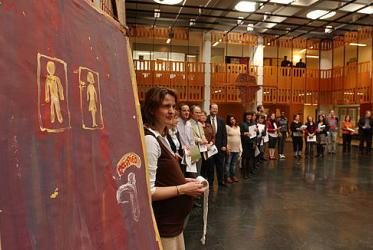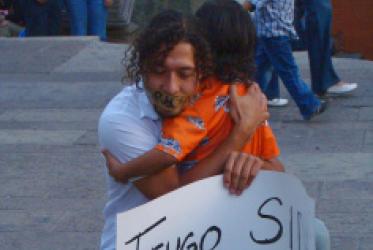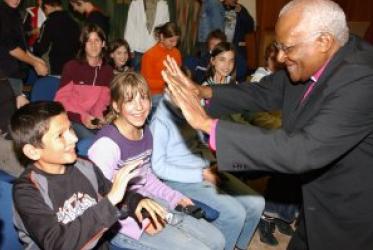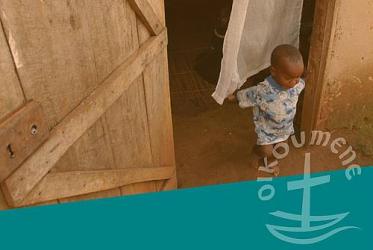Displaying 601 - 620 of 622
23 March 2010
WCC urges release of detained Filipino church worker
11 February 2010
WCC concerned about anti-homosexual bill in Uganda
22 December 2009
Healing and holiness: Christian perspectives on stem cell research
18 November 2009
Strong ecumenical women's presence at UN event
03 March 2009
20 years of World AIDS Day is time for faiths to "take stock"
28 November 2008
Global food crisis has a spiritual dimension, says Kobia
24 November 2008
Food price crisis: What does it mean? What can we do about it?
19 November 2008
Mental health is a community issue
10 October 2008
WCC executive committee meets and approves budget and statements
30 September 2008
Global campaign to promote "HIV-competent" churches
06 August 2008
HIV/AIDS: "We can't be silent"
19 February 2008
Ambassadors of hope
18 February 2008
















